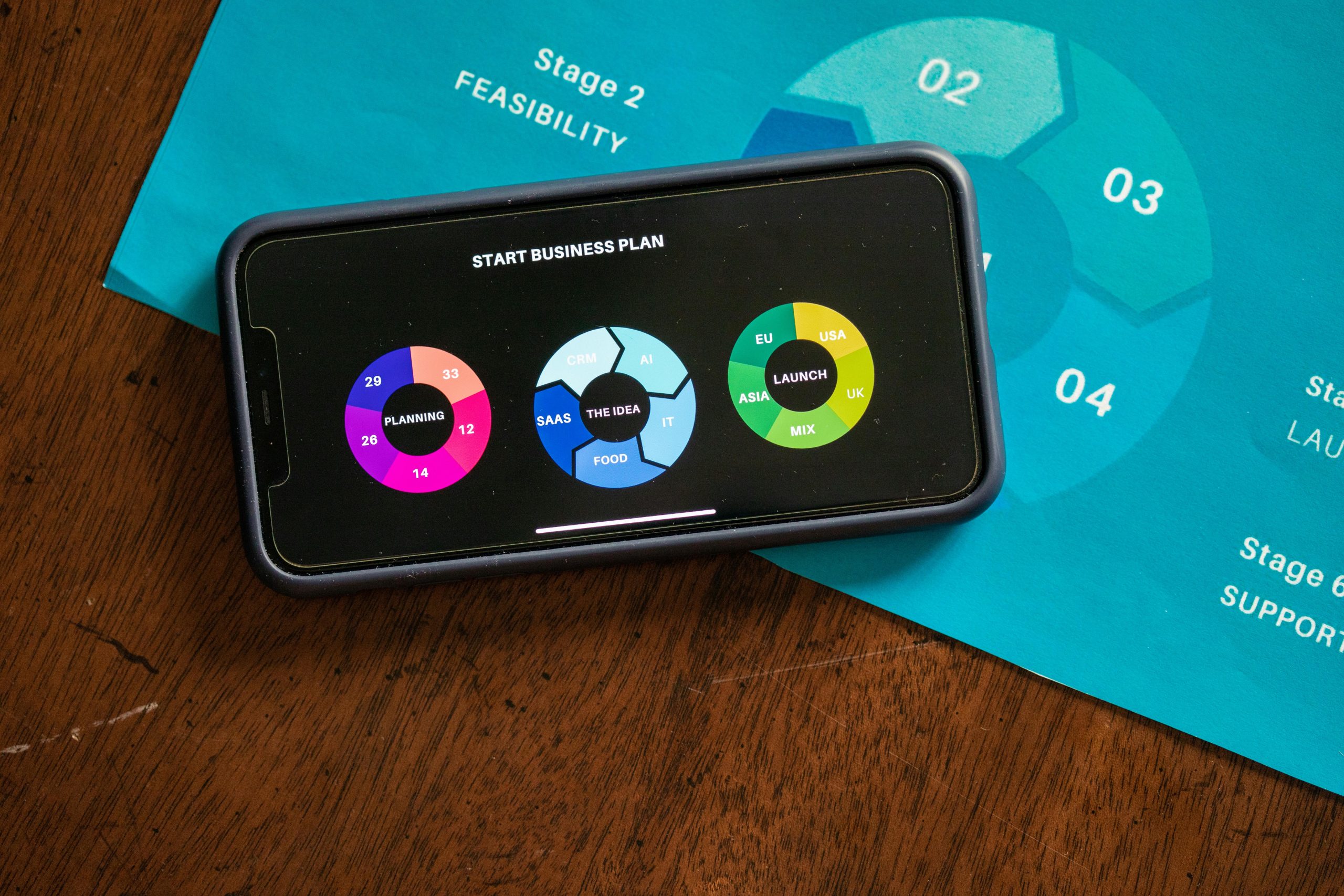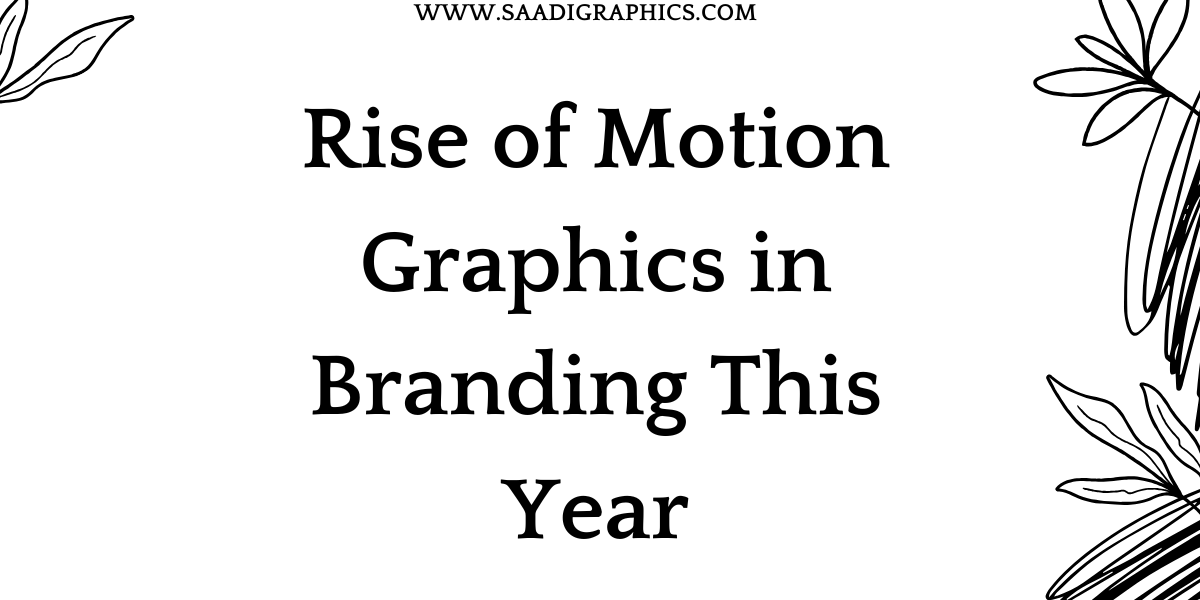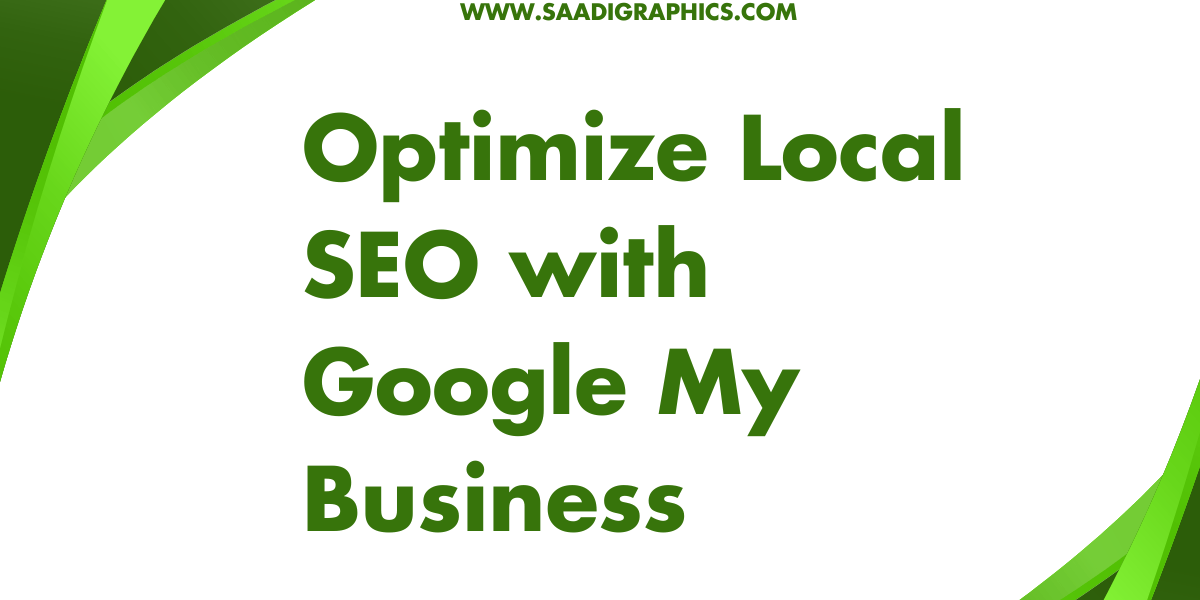You’ve got a website, but it’s not getting the love it deserves on search engines? Let’s talk about how social media can change that. It’s not just for sharing cat videos or arguing with strangers—when done right, it can send a flood of visitors your way and nudge your SEO up a bit. I’ve seen a friend’s blog go from crickets to packed after a smart Facebook post, and it got me thinking about how this stuff connects. This isn’t about tricking Google; it’s about getting people excited about your content so search engines take notice. Here’s how to make social media work for your SEO, straight from someone who’s tried it.

How Social Media Ties into SEO
Think of social media as your content’s cheerleader. When you post something good—a blog, a video, whatever—and people share it, like it, or link to it, it tells search engines your site’s worth a look. A coworker’s travel site jumped 25% in traffic after a Pinterest pin took off, and I’ve had similar luck with my own stuff. It’s not a direct ranking boost, but the traffic and backlinks it brings? That’s SEO gold. The more buzz you create on social media, the more likely your site climbs those search results.
Practical Ways to Use Social Media for SEO
Share Stuff People Actually Care About
Put out content that hits home—tutorials, quick tips, or snappy infographics—on social media to keep folks hooked. Pair a tech tip with a cool image, and you’re set. My own posts about organizing video files get way more love when they’re useful, and that pulls people to my site, giving SEO a little push. Try 3-5 posts a week to stay on their radar without spamming.
Spruce Up Your Profiles
Your social media profiles are like your online business cards. Drop in keywords like “tech blog” or “SEO tricks” in your bio, and add a link to your site. A friend tweaked their Instagram bio with a “Visit my site!” nudge, and it bumped their visits by 15%. It’s a small move that helps search engines link your social media to your brand, boosting SEO on the side.
Spark Some Conversation
Getting likes, comments, and shares on social media is like a thumbs-up from the crowd—it can lead to backlinks that juice up your SEO. Ask something simple like “What’s your favorite app?” to get people chatting. I threw a poll on Twitter about coding tools once, and the chatter sent readers to a related post, showing how social media can lift your site’s visibility.
Use Hashtags Like a Pro
Hashtags on social media are your content’s GPS, guiding people to it. Stick to 3-5 good ones like #SEOTips or #DigitalMarketing—don’t go overboard. A client’s post with #TechTrends blew up on LinkedIn, bringing in new visitors. It’s an easy way to widen your net and give your SEO a hand.
Make Visuals That Spread
Photos, infographics, and short clips rule on social media. Whip up a graphic with Canva to sum up a blog post and ask people to share it. I helped a friend make a funny remote work meme that went nuts on Facebook, flooding their site with traffic—a solid SEO win from social media.
Team Up with Influencers
Hooking up with influencers can stretch your reach. Find someone in your niche with a decent following and ask them to share your stuff. A collaborator I worked with got 200 new site hits after an influencer posted about their tech review, proving how social media can amp up your SEO through trusted voices.
Open the Door for Backlinks
Share content that’s link-worthy, like a unique guide or list. When others on social media pick it up and link back, it’s a SEO jackpot. I once posted a rundown of free tools on Twitter, and a site linked to it, nudging my search ranking up—all thanks to social media.
Tools to Make Social Media Work for SEO
Buffer or Hootsuite
These let you schedule posts across social media, keeping you consistent without the hassle. I use Buffer to line up a week’s tweets, freeing up time while keeping my site in view.
Canva
Crank out eye-catching graphics with Canva’s templates. A quick infographic I made for a post got tons of shares, driving more clicks to my site.
Google Analytics
See where your traffic’s coming from with this. I helped a friend set it up, and they found Facebook was their big hitter, shaping their SEO plan.
Bitly
Shorten links and track clicks with Bitly. I’ve used it to see how many from a tweet hit my blog, tweaking my social media game for better SEO.

Watch Out for These Traps
Don’t Over-Sell
Flooding followers with sales pitches turns them off fast. Keep it 80% helpful, 20% promo. I’ve seen a friend’s engagement tank after too many ads on social media.
Skip the Analytics at Your Peril
Ignoring what works is a waste. Check which posts bring traffic and lean into those. A teammate missed a trending hashtag’s potential by skipping analytics, losing an SEO chance.
Don’t Treat All Platforms the Same
Each social media spot has its own feel—Twitter loves quick hits, Instagram’s all about pics. Tailor your stuff to fit. I switched up my approach after a LinkedIn post outperformed a casual Facebook one, fine-tuning for SEO.
How to Tell It’s Working
Traffic Bump
Watch Google Analytics for referral traffic from social media. A viral post once spiked my visits, showing a clear SEO lift.
Backlink Boost
Spot new backlinks with Ahrefs. I found one from a shared article, a direct SEO perk from social media.
Engagement Lift
Lots of likes and shares mean your content’s hitting the mark, indirectly helping SEO. A client’s video with 500 shares brought more site traffic.
What’s Next for Social Media and SEO
Things are shifting—video and interactive posts are getting hotter. Playing with Reels or Stories could keep your strategy fresh and SEO-friendly.
Conclusion
Using social media to help your SEO is all about sharing good stuff, sprucing up profiles, and getting people talking to drive traffic and backlinks. Start with a single post—maybe a blog link with a cool pic—and build from there. Stick with it, and your site will climb those search lists.




